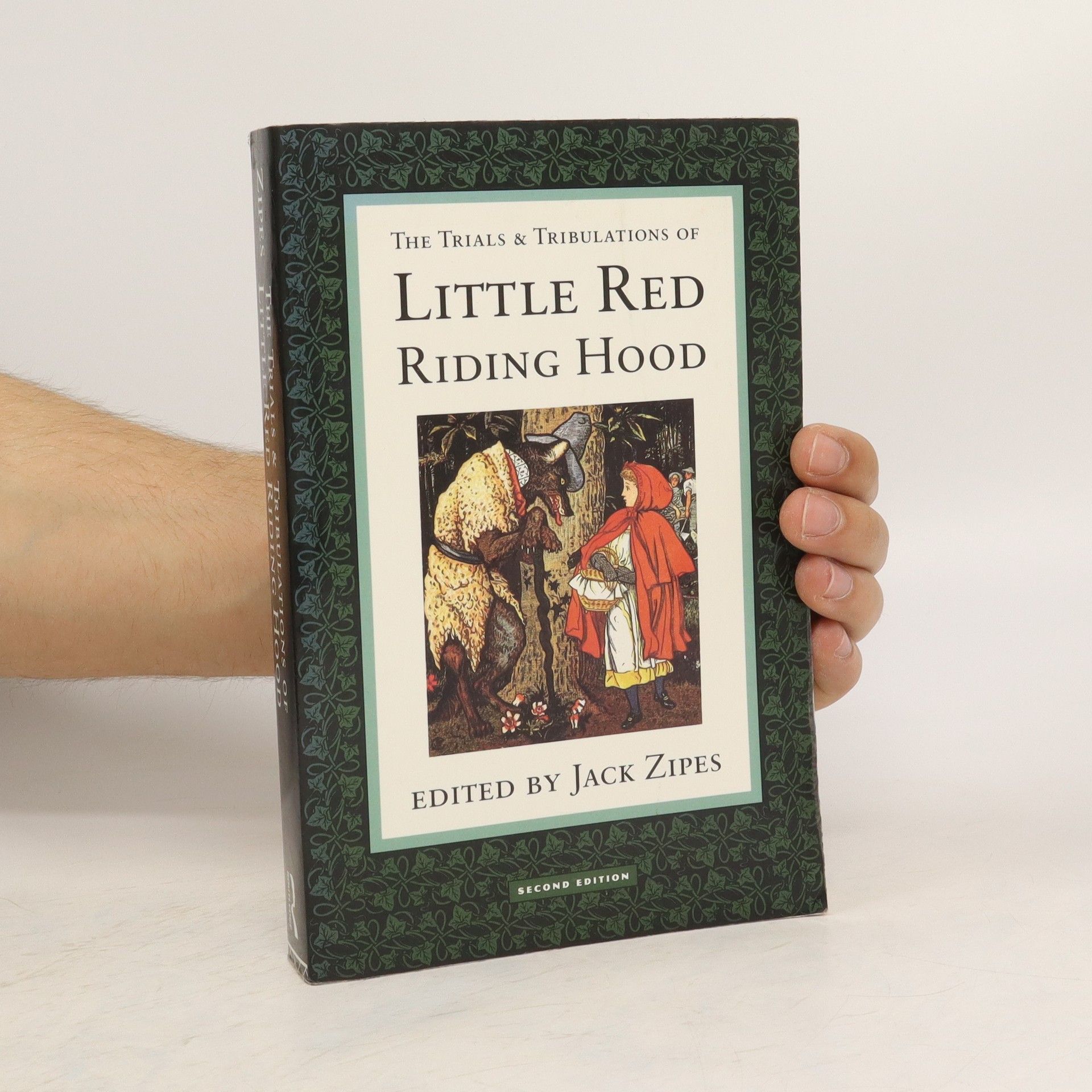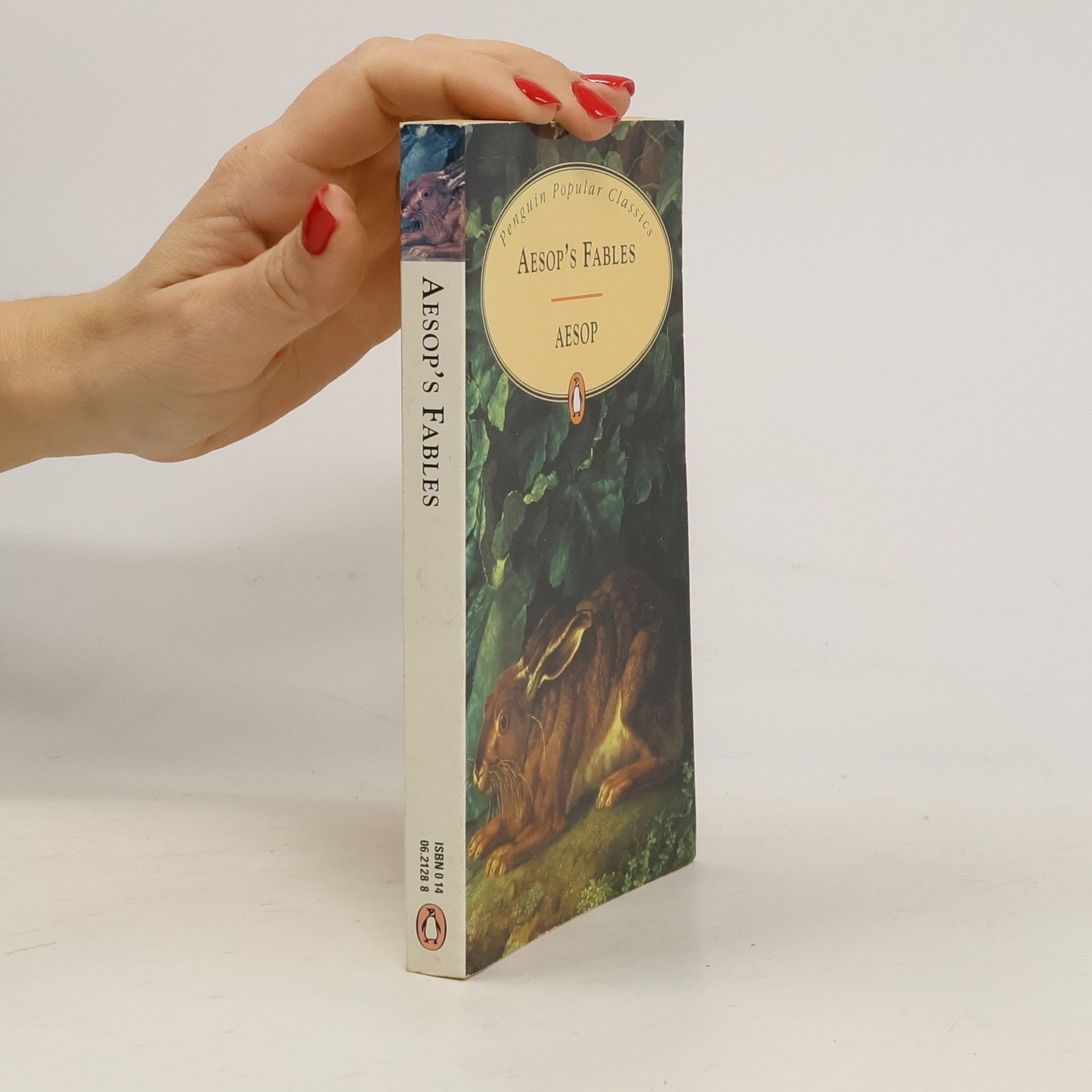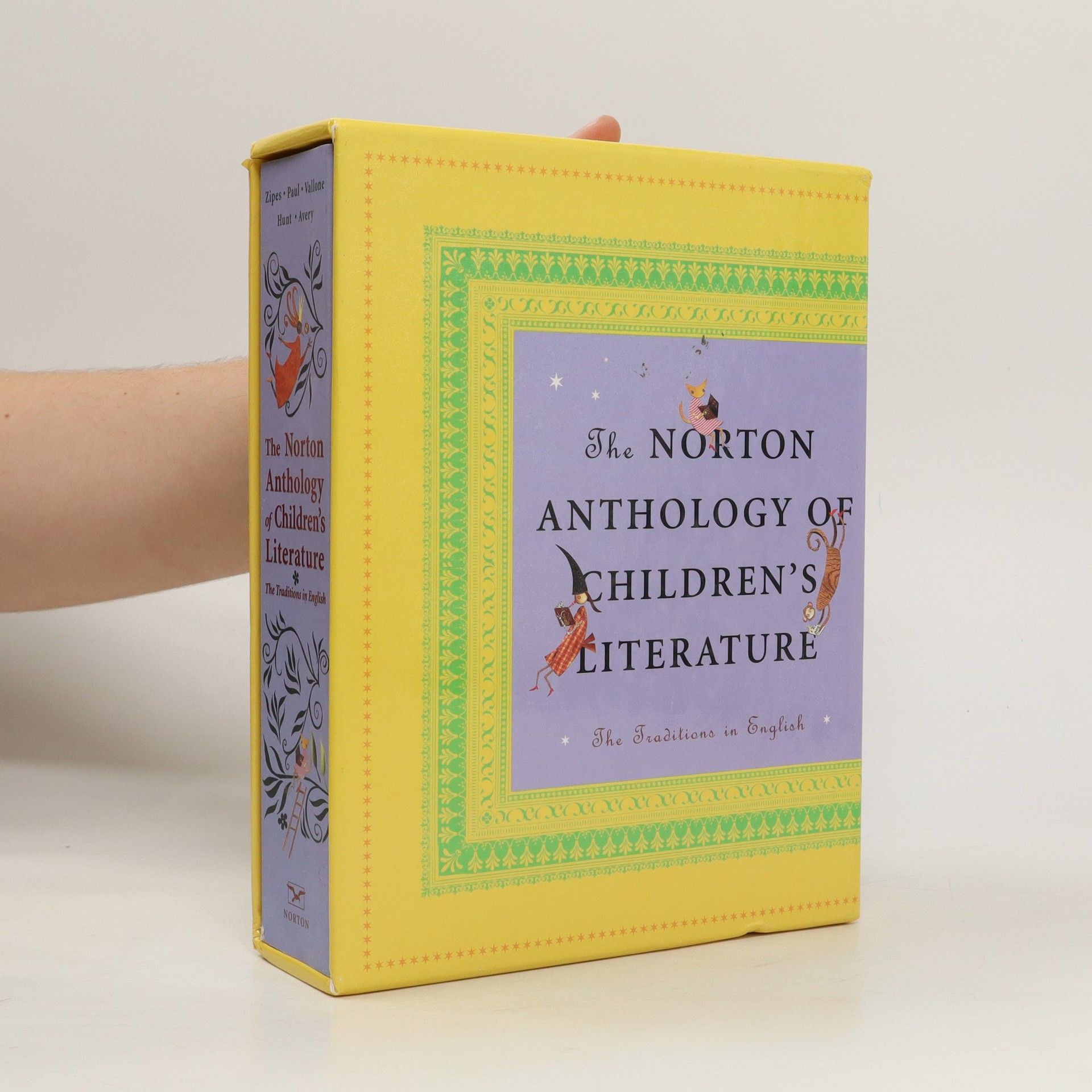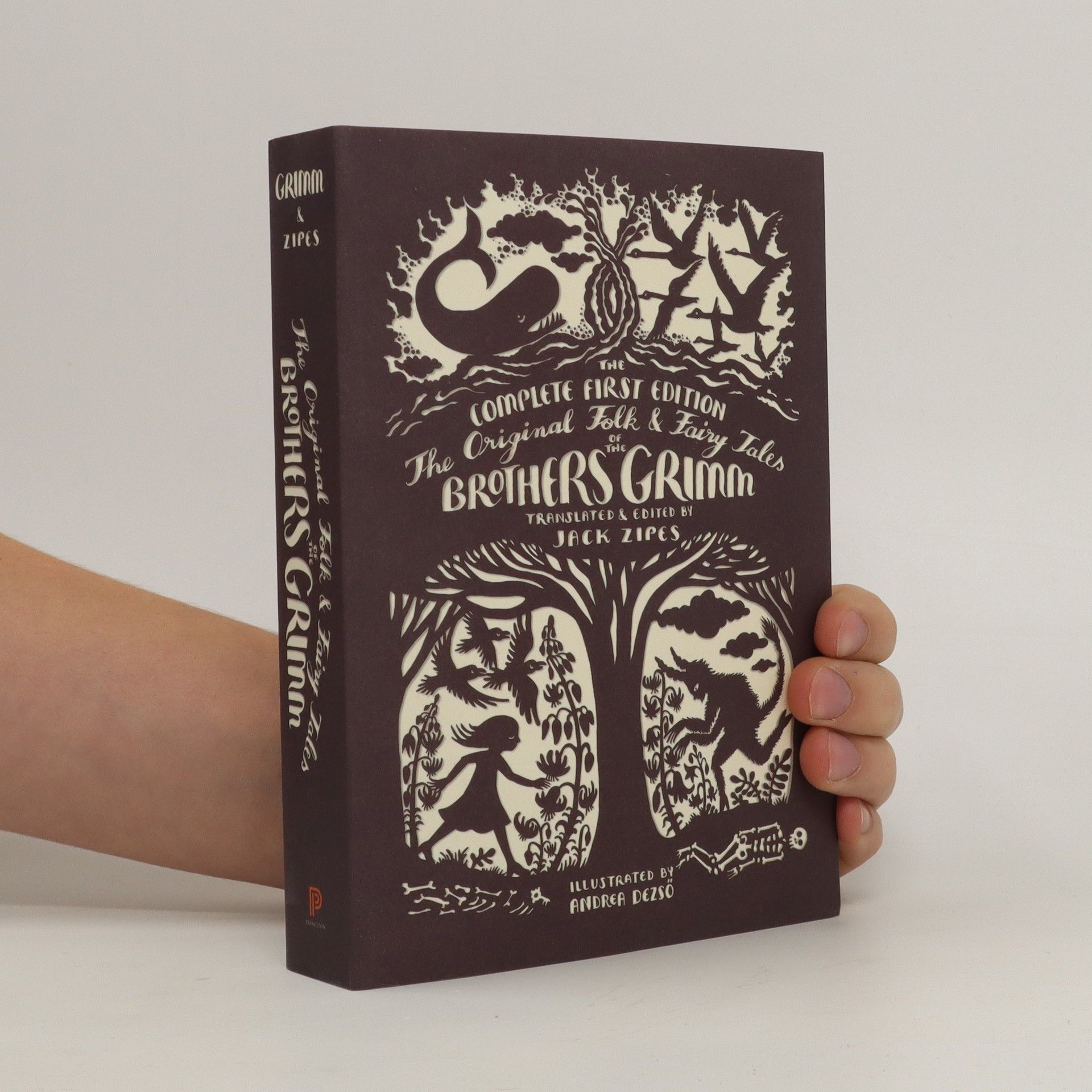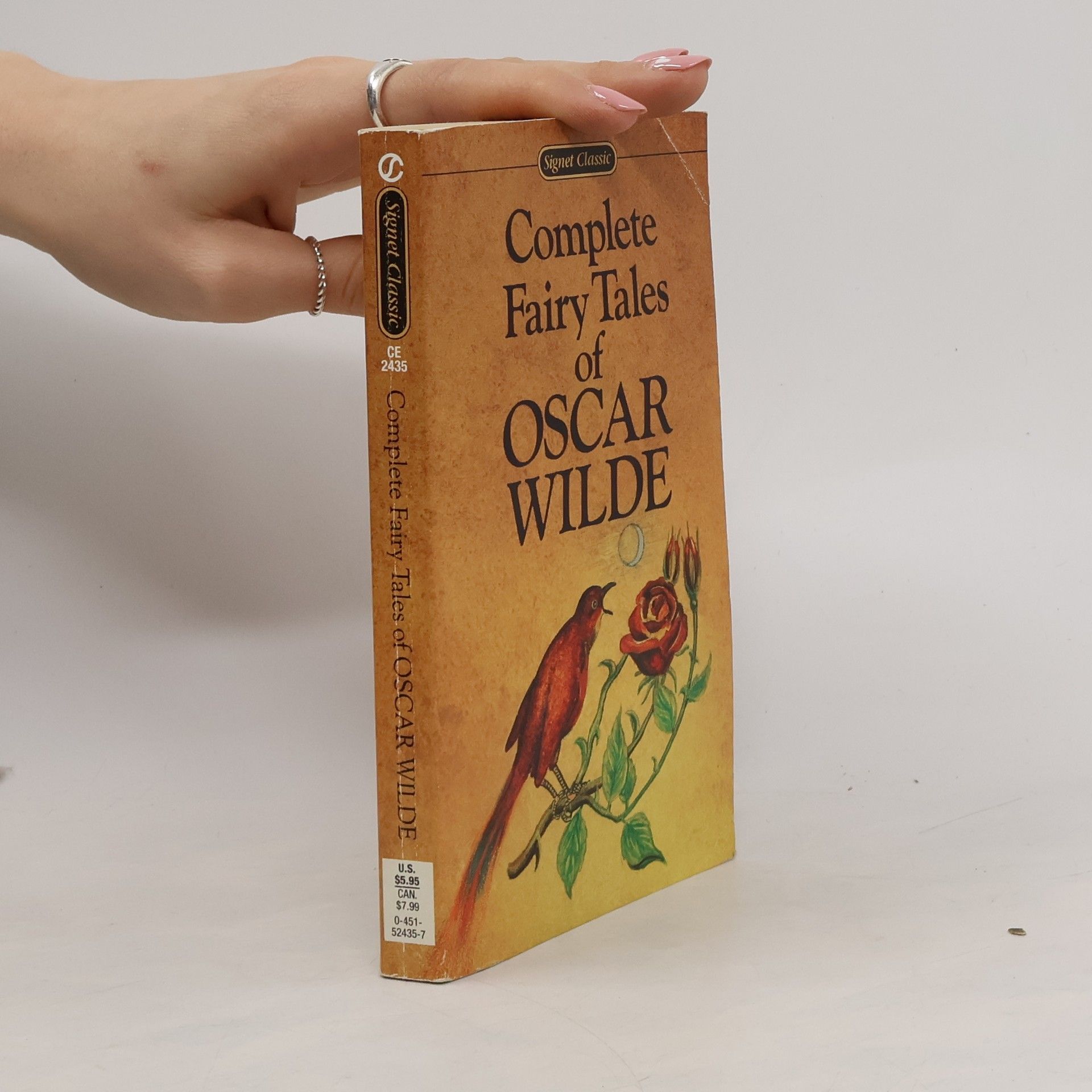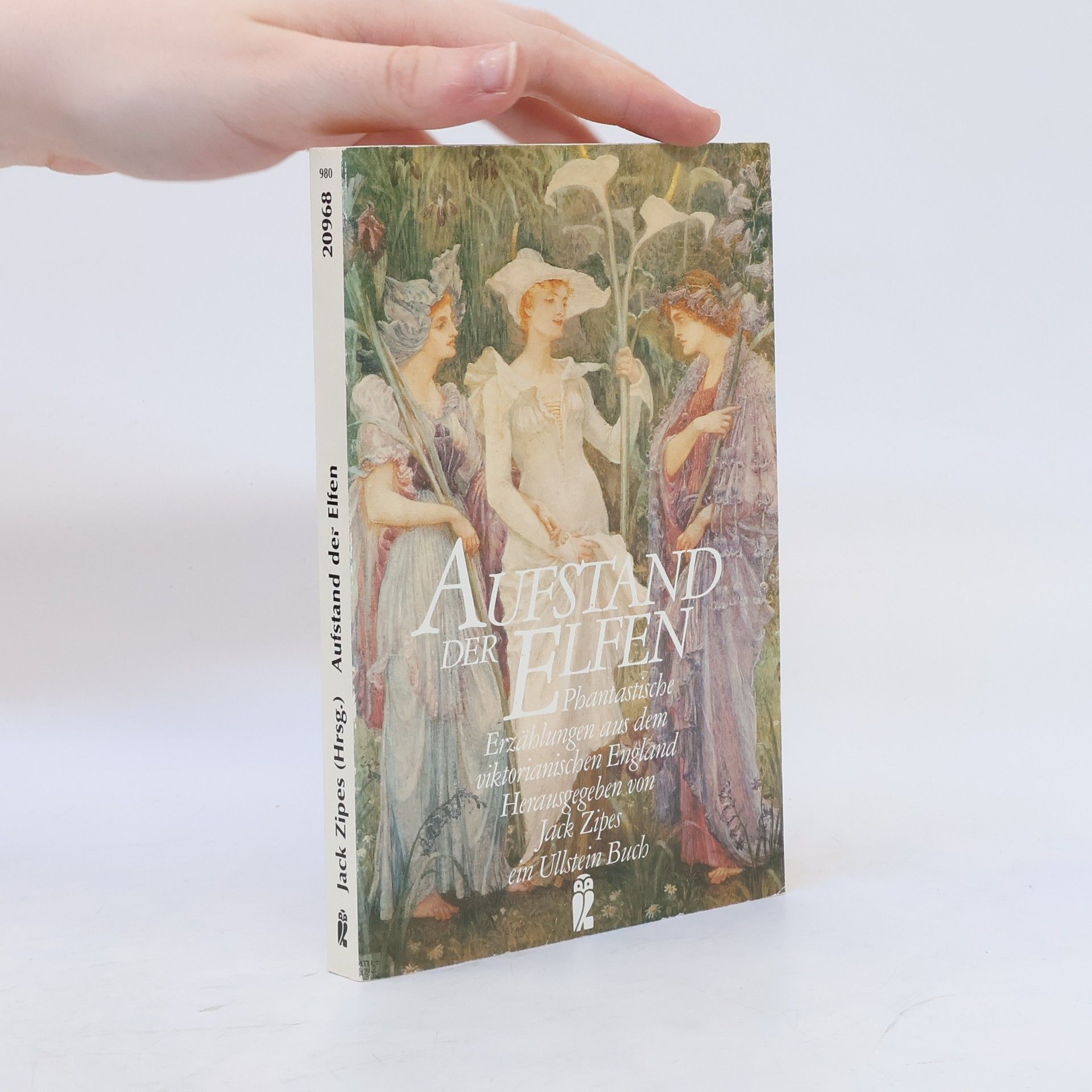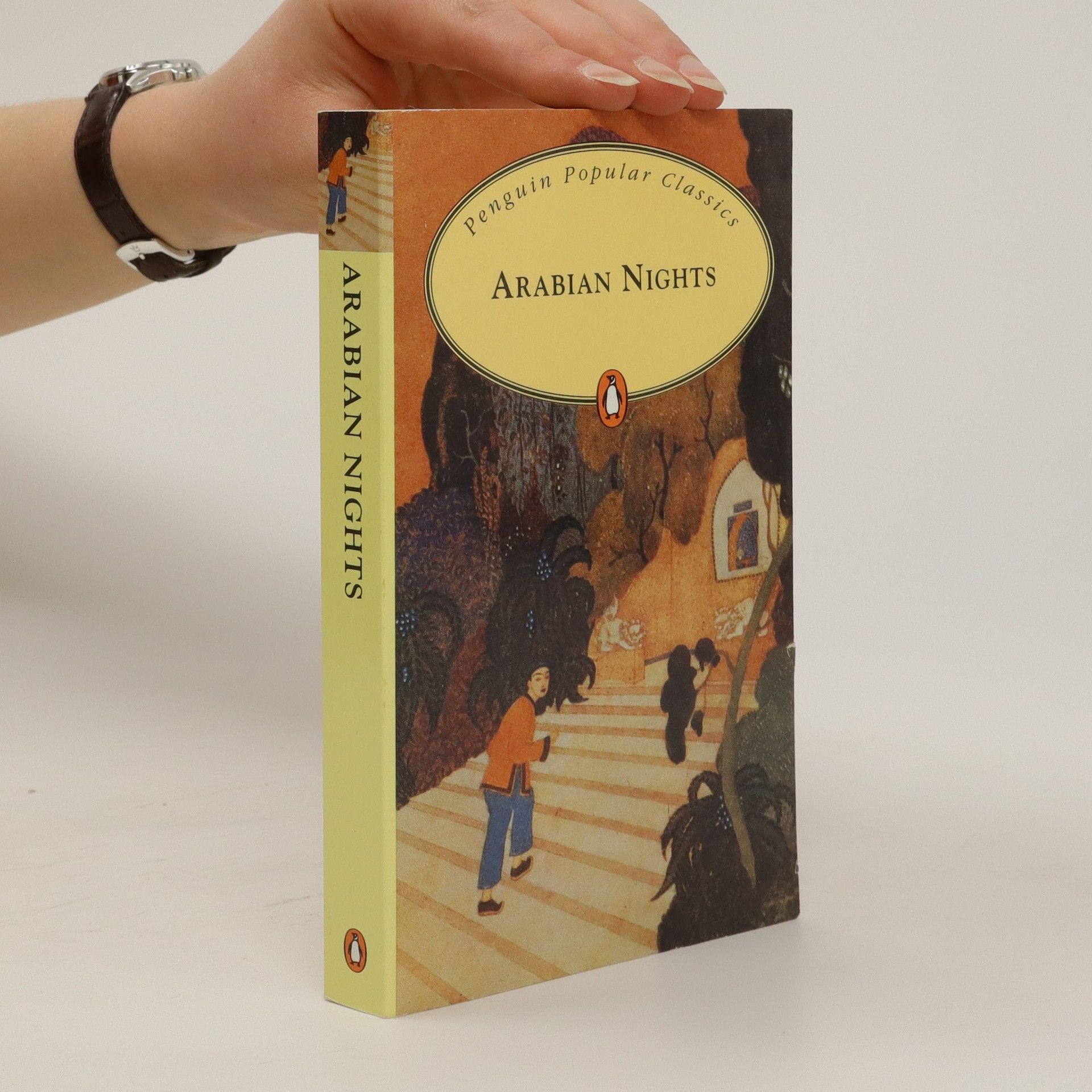Remembering the Jewish and German Questions
Essays on Fairy Tales, Poetry, and Culture
- 152 pages
- 6 hours of reading
Exploring the intersections of cultural narratives, this collection features Jack Zipes's essays on fairy tales, Jewish studies, and German philosophy. It delves into the complexities of identity and tradition within the context of folklore and poetry, offering a critical examination of how these elements shape cultural discourse. Zipes's work sheds light on the broader implications of these themes in understanding the Jewish and German questions in literature and society.
